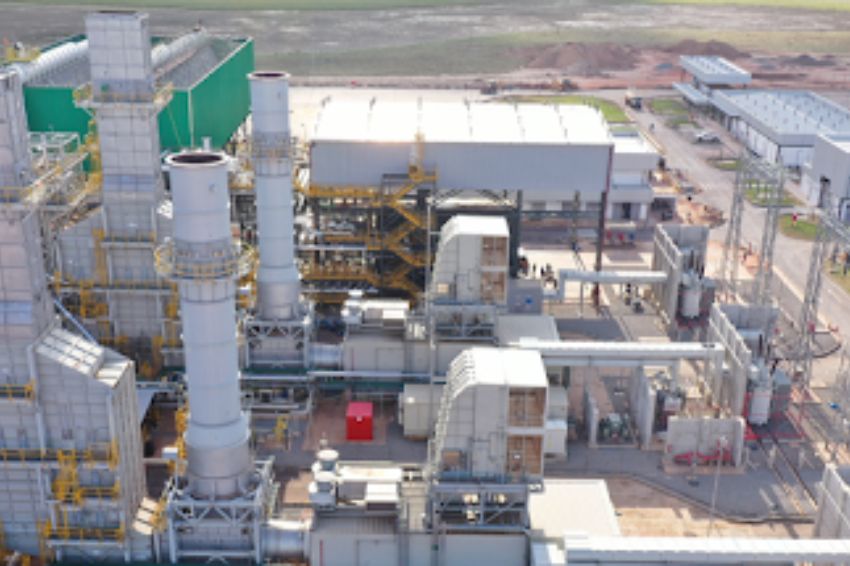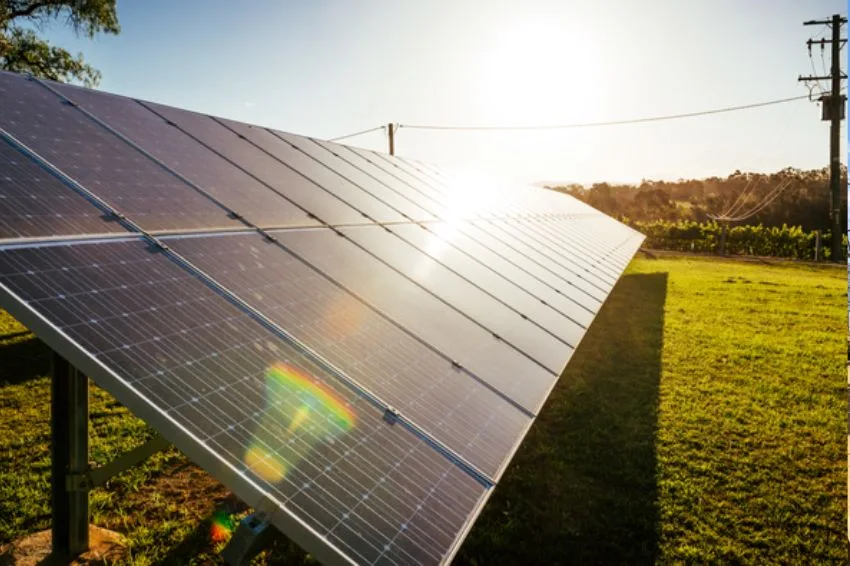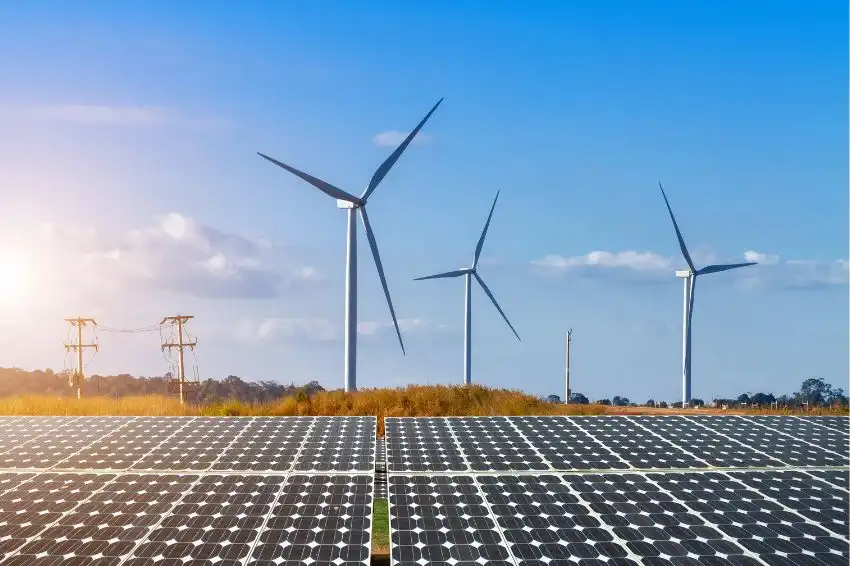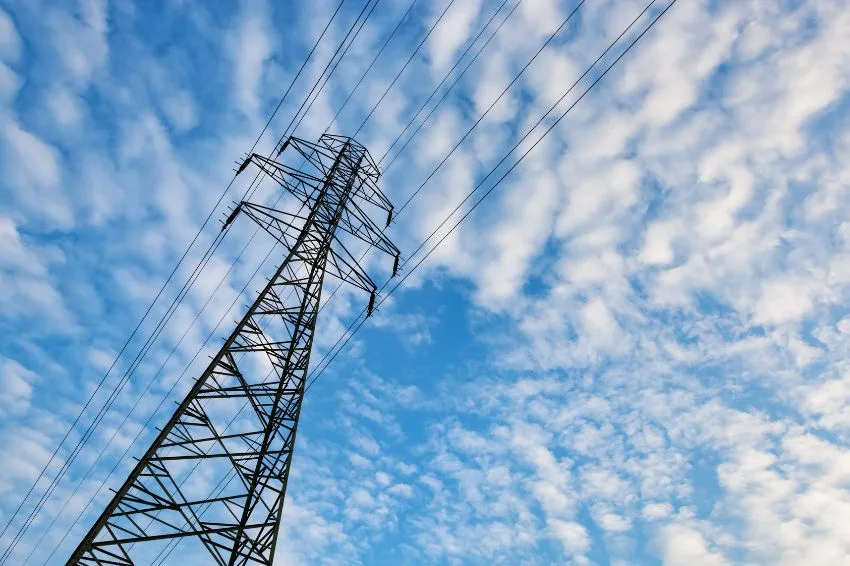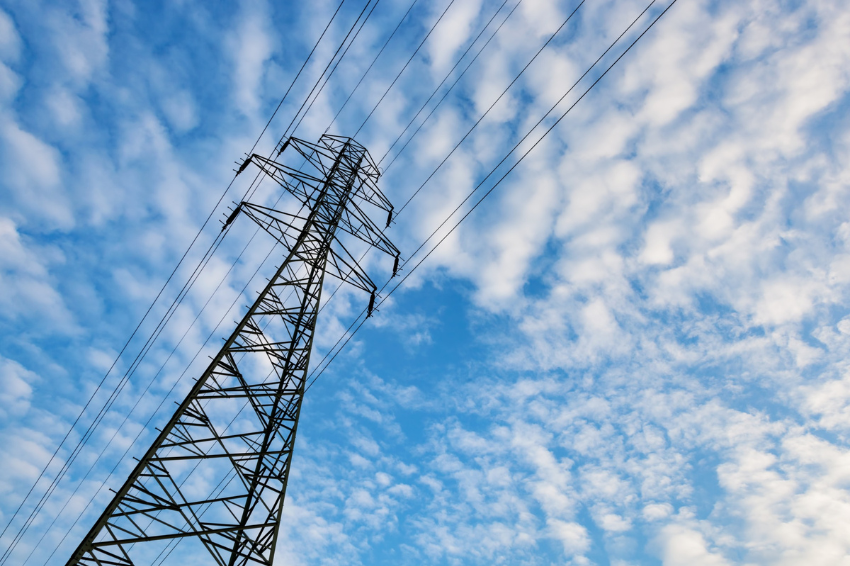The Capacity Reserve Auction, which last Friday (30) contracted 743 MW of energy from fossil thermoelectric plants, will make the electricity bill even more expensive for Brazilian consumers, according to an assessment by ABSOLAR (Brazilian Photovoltaic Solar Energy Association)
In the entity's understanding, Brazilians would pay R$ 20 billion less over a period of 15 years, if the contracted energy came from clean and renewable sources, such as solar and wind.
The association calculates that the volume of energy contracted through the auction, of 670 average MW, would be met by new solar plants, 2,700 MW of power would be added to the Brazilian electricity matrix, attracting R$ 10 billion in investments – a volume of R$ 5.8 billion higher compared to the contributions generated by thermoelectric plants.
For Rodrigo Sauaia, executive president of ABSOLAR, the contracting of fossil and polluting thermoelectric energy, at prices twice as high as renewable energy, is nonsense and a setback for Brazil.
“This is a lost opportunity that burdens the Brazilian consumer and fails to generate up to 81 thousand new jobs that the solar sector could bring to the country”, he commented.
Carlos Dornellas, technical-regulatory director at ABSOLAR, in turn, said that photovoltaic projects have competitive prices, which help reduce Brazilians' electricity bills.
“They also do not use water and avoid emissions of pollutants and greenhouse gases, in addition to being agile and versatile to enter into operation, requiring less than 18 months from the auction to the start of electricity generation”, he highlighted.


